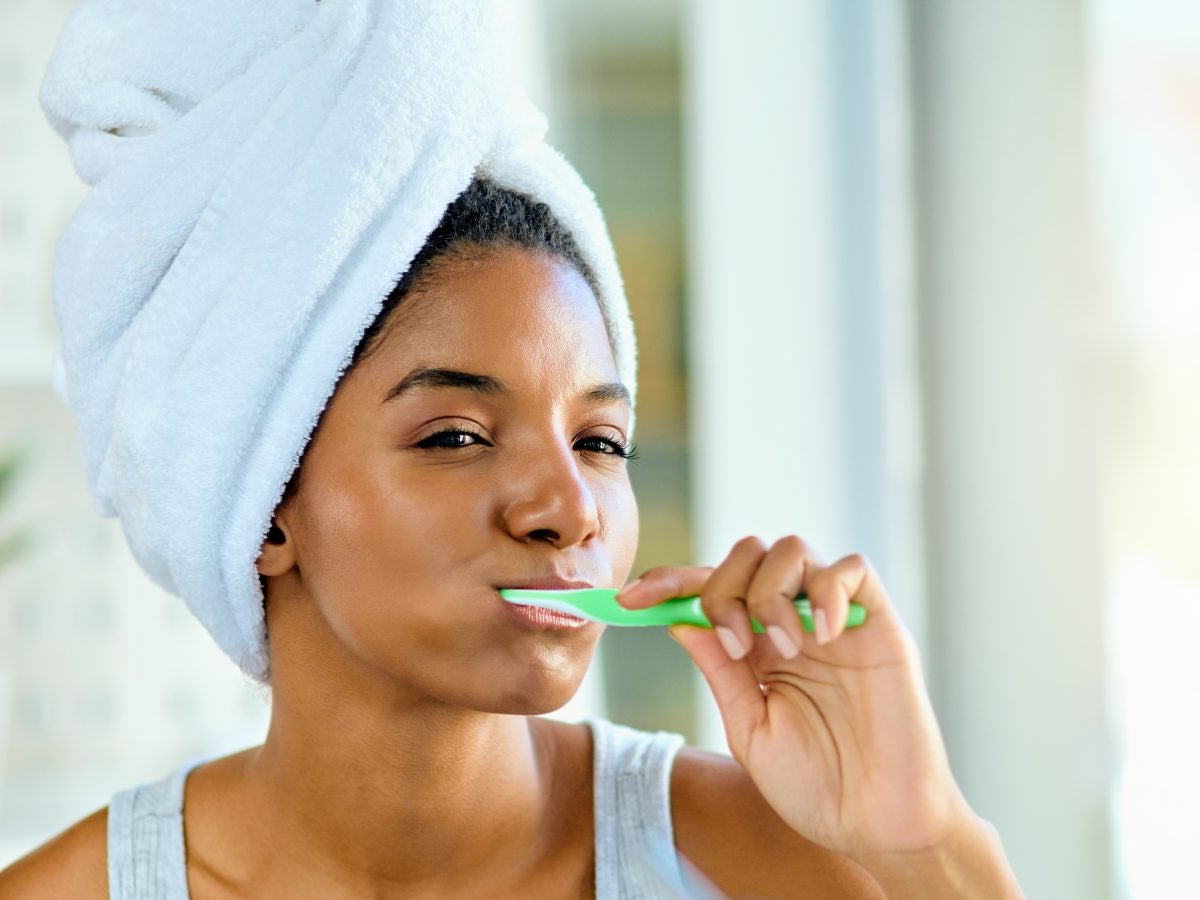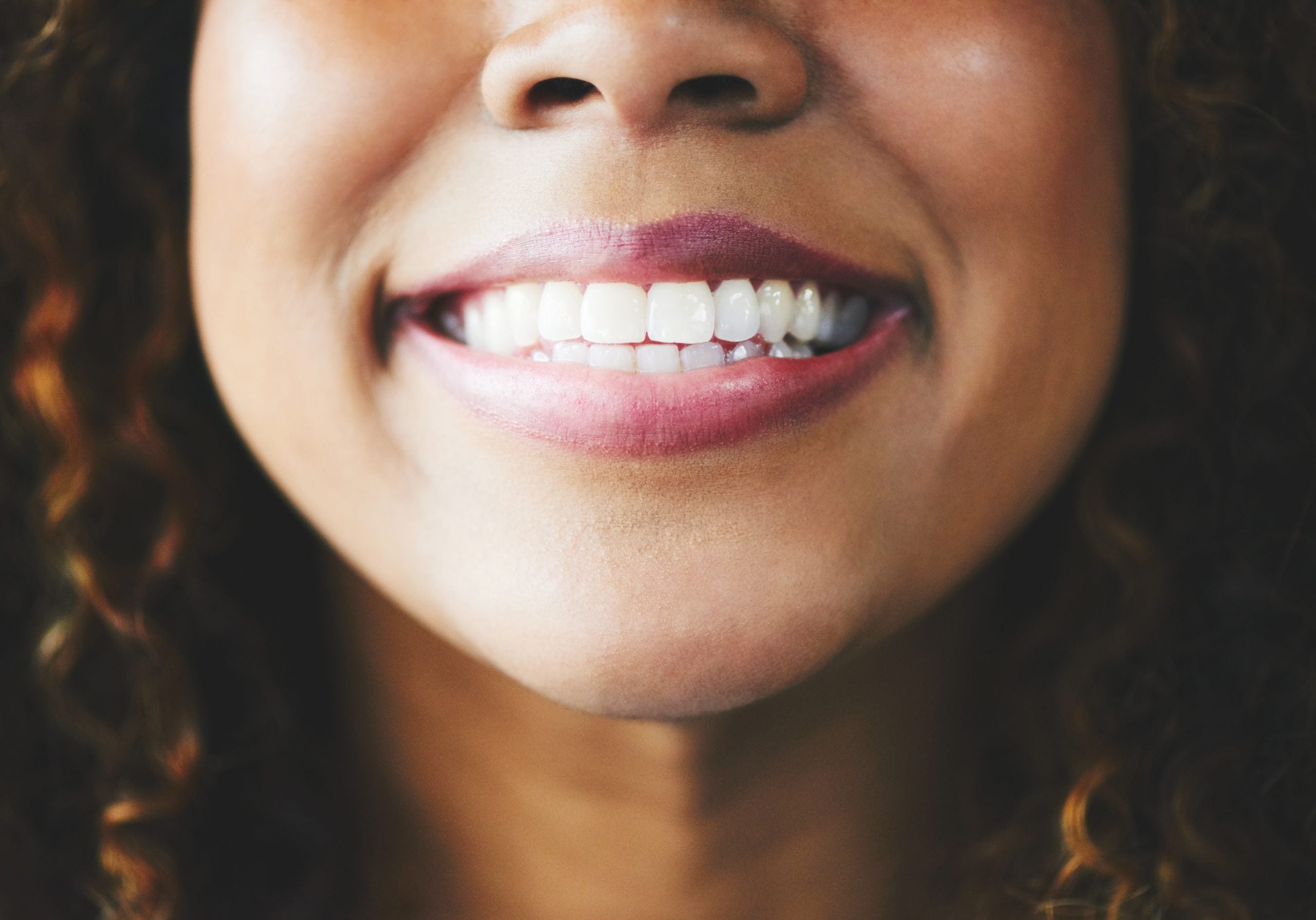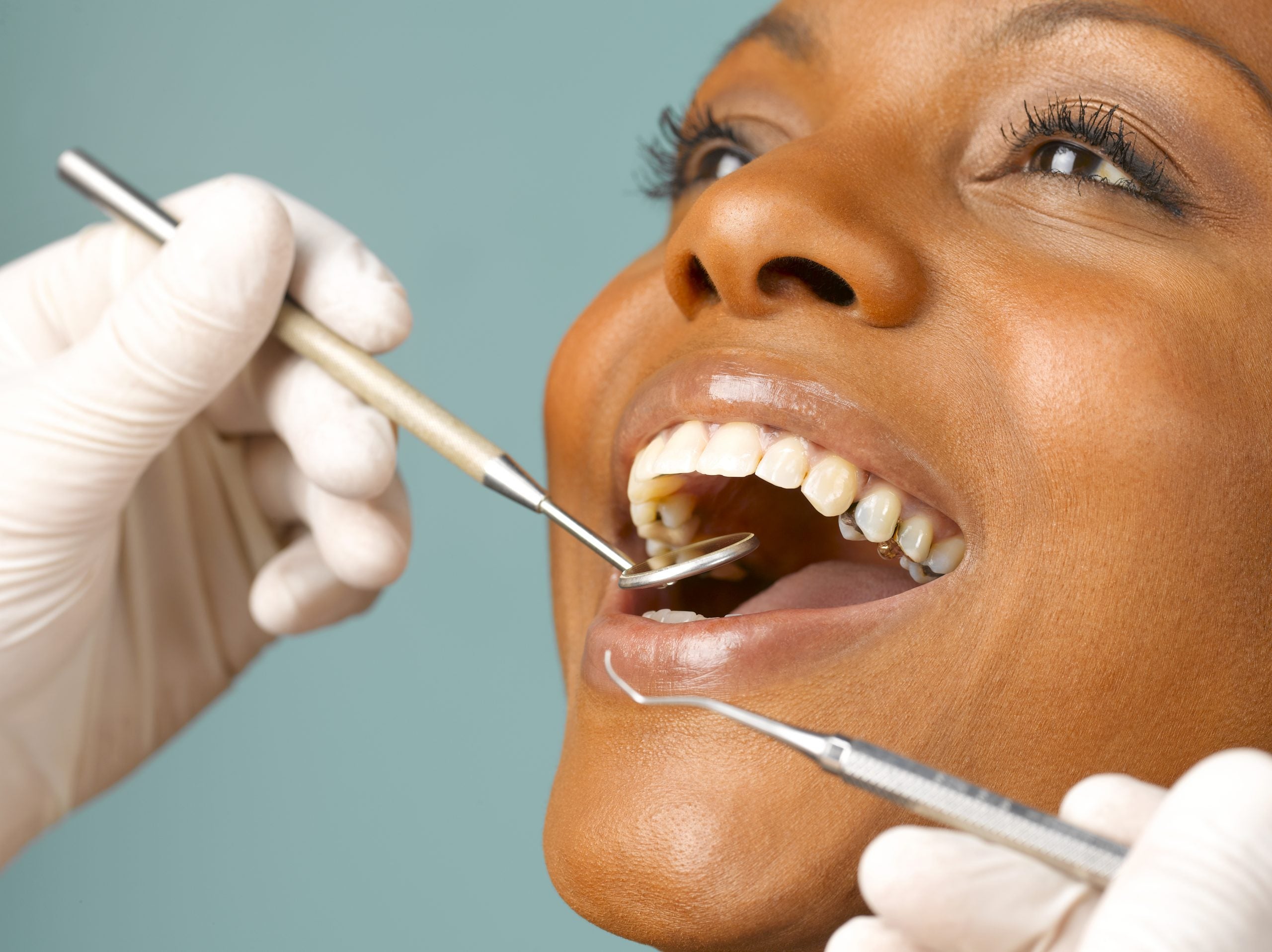
Sure, your skincare routine is on point, but how’s your oral care routine? Having a proper oral care routine can lead to a brighter smile and promote good health, and it’s crucial to be mindful of our oral hygiene to avoid health issues down the road. According to the CDC, poor oral care can lead to cavities, gum disease, heart disease and even cancer. These facts make one thing clear: dental hygiene is a lifelong commitment that’s important for our overall health.
To lessen any chance of bleeding gums, cavities or bad breath, why not brighten up your morning and night with an oral care routine? Now I know what you’re thinking: another routine to add to my day? Yes, but this one doesn’t require tons of products and can help save you from an emergency dental visit. Read further for simple dental tips that will freshen up your day.
Practice Sesame Oil Pulling
Oil pulling is an ancient Indian practice that dates back to about 1500 years ago in which oil is swished around the mouth, and “pulled” or forced through the teeth while swishing. The remedy was first mentioned in the Ayurvedic text and is believed to purify the entire system. However, oil pulling became increasingly popular when people began to realize its oral hygiene benefits. According to the Academic Journal Of Integrative Medicine, practicing oil pulling can prevent decay, bleeding gums, dryness of the throat and strengthen teeth, gums, and jaw. In a randomized controlled study, oil pulling was also proven to minimize plaque-induced gingivitis.
The studies provided were mainly for using sesame oil. If sesame seed oil isn’t for you, try using coconut oil or sunflower seed oil. Be sure to swivel the oil around your mouth for about three minutes. From personal experience, I would highly suggest not gargling while oil pulling. After oil pulling, you may follow up by flossing or brushing your teeth.

Before Brushing Consider Flossing
Flossing before brushing goes against everything we were taught as children, but there’s something to it. According to a study conducted by the American Academy of Periodontology, flossing before brushing reduces plaque while increasing fluoride concentration. Flossing can also reduce the chances of cavities, bad breath and gum disease. The good news is you only have to floss once a day, but if you can shoot for twice a day, that would be more beneficial.
Brush With Fluoride Toothpaste
Fluoride is a cavity-fighting ingredient found in most toothpaste and dental products. Fluoride occurs naturally in water sources like lakes, rivers and even oceans. However, I wouldn’t suggest directly drinking such waters as they can have contaminants in them—just stick to the dental products.
Brushing with fluoride toothpaste can help protect tooth enamel. When you brush your teeth with fluoride, you can reduce early signs of tooth decay. In short, fluoride is excellent for cavity prevention or reducing the development of small cavities. Generally, it is recommended to brush your teeth with fluoride toothpaste twice a day. Exposing your teeth to fluoride on a regular basis can strengthen them.

Time For Mouthwash, But Not So Fast!
Mouthwash can freshen up your day but shouldn’t be the primary source for dental care. Think of mouthwash as the icing on the cake to your routine rather than the main ingredient. Generally, mouthwash is here to reach areas that our toothbrushes simply can’t. A simple swish can reduce the development of cavities and gum disease. Mouthwash prevents these dental issues by helping to control plaque. However, the real debate is when we should use mouthwash.
According to the NHS, the best time to use a mouthwash isn’t right after brushing your teeth. The reason for this is because you might risk washing away all the fluoride from your toothpaste. Even if you choose to select a mouthwash that contains fluoride, it’s still best to wait at least an hour before going in with your mouthwash. Once you have rinsed, please wait at least 30 minutes before eating or drinking.








Visit Your Dentist At Least Twice A Year
This dental routine can save you from a cavity or two, but it cannot keep you from a regular trip to the dentist. Your dentist is skilled in giving detailed cleanings, noticing cavities, spotting potential issues and providing treatments and hacks to make your dental hygiene that much better. Generally, it is best to see your dentist about twice a year, and I encourage you to do the unthinkable—ask questions.
As people of color, it’s only natural to feel a distrust toward the health care system due to a lack of compassion and acceptance. However, I still encourage you to speak up and advocate for your health. Do the research, ask the questions and review healthy practices with your dentist because the root of a radiant smile starts from within—it starts with your health.








